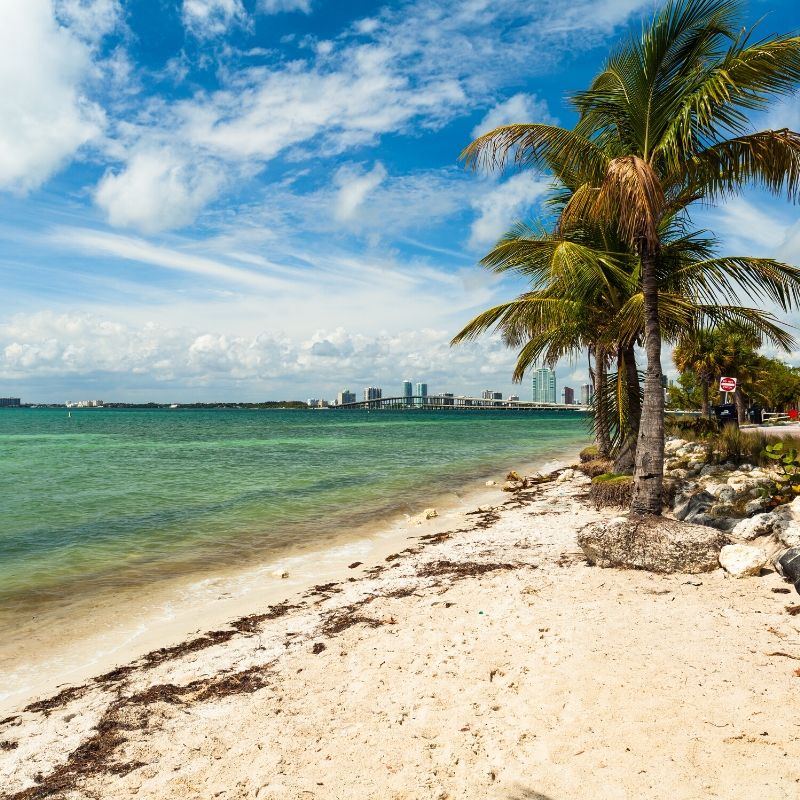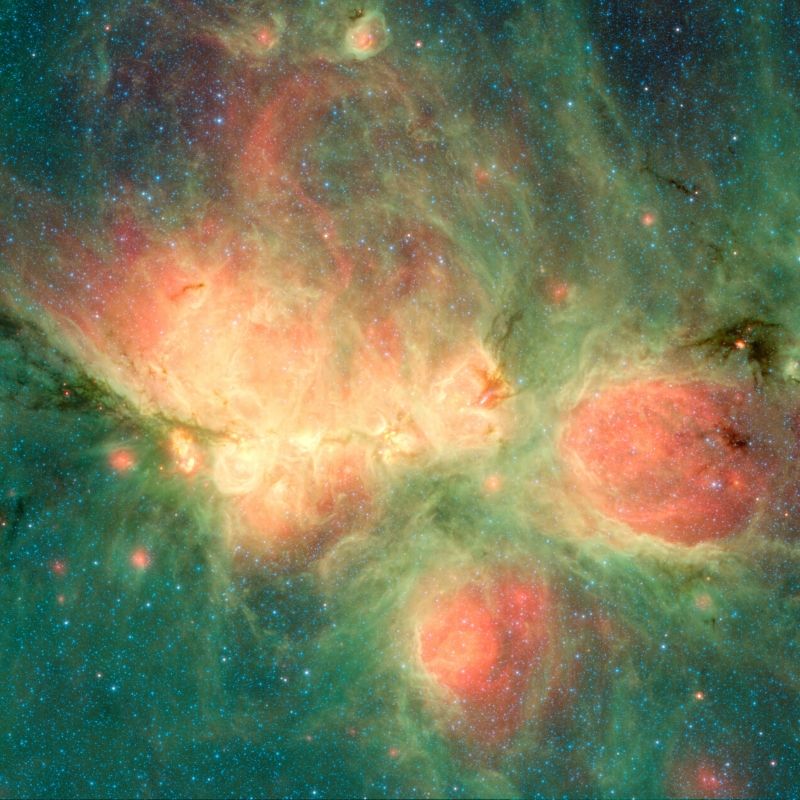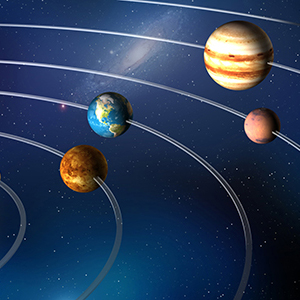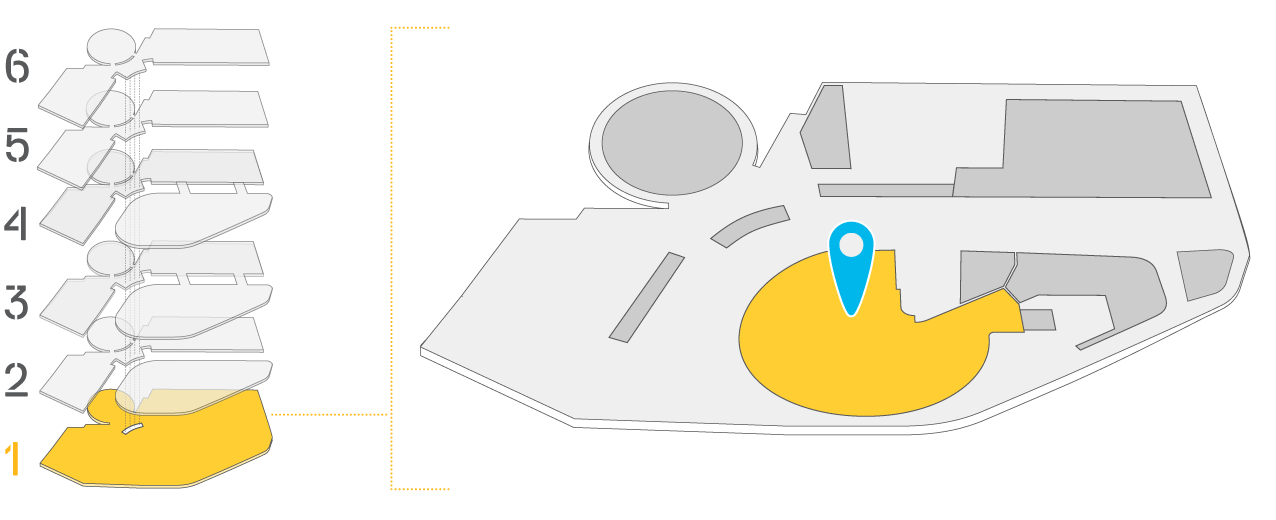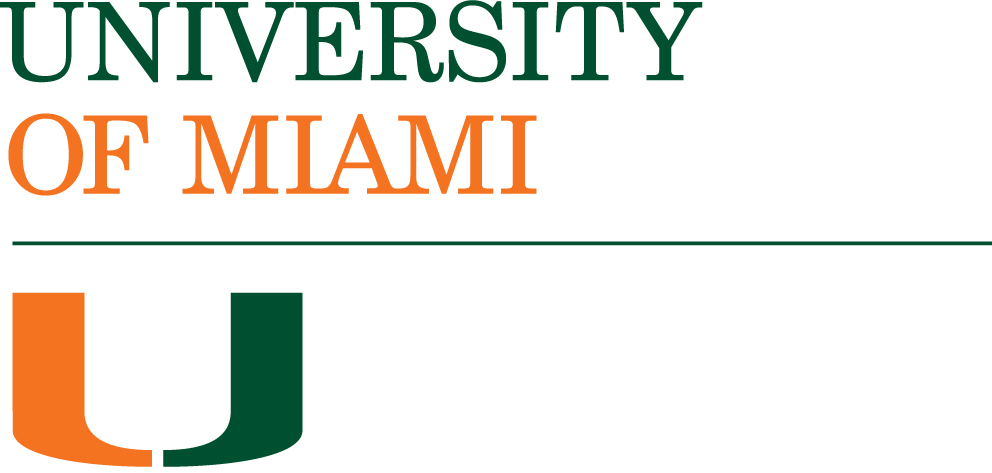Power of Science
Explore how science pushes the boundaries of possibility as you learn about groundbreaking research and discoveries by scientists, including those from the University of Miami.
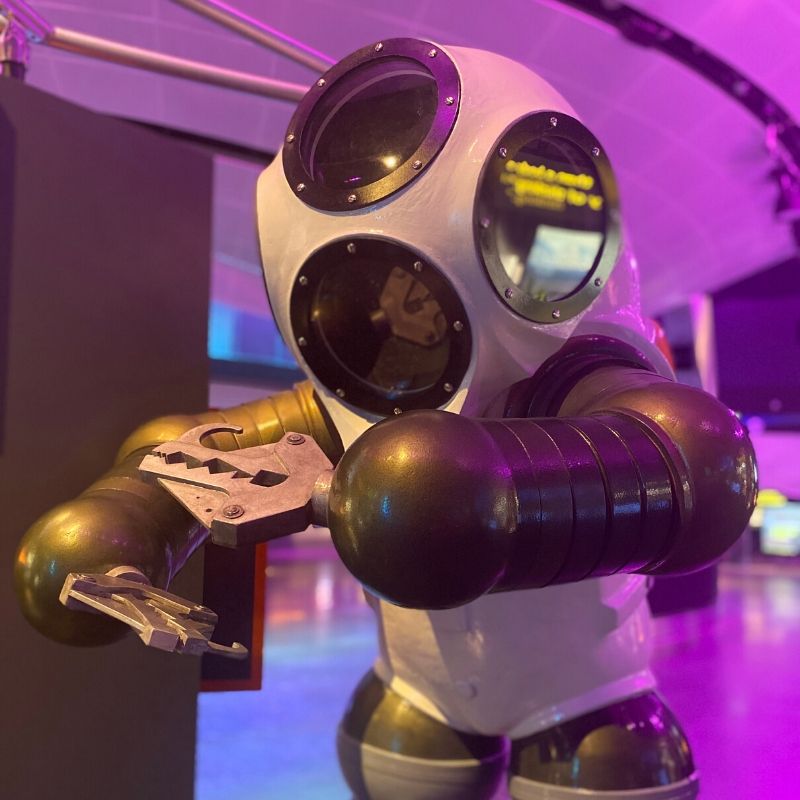
Where will our curiosity lead? Our journey to the edge of the known universe begins with science.
From unlocking the mysteries of the universe to those inside our bodies, science is a powerful process to aid our understanding. We observe the world and ask testable questions as we try, fail, and try again. Science gives us a powerful tool to grasp and solve problems. Scientists, including Frost Science’s partners from the University of Miami, take risks that lead to groundbreaking discoveries, highlighted at four scientific frontiers: our oceans, environment, bodies and universe. Power of Science, a permanent exhibition at Frost Science, invites you to step into the shoes of these researchers, explorers, and inventors through a series of hands-on exhibits, cutting-edge interactives, rare specimens, an interactive floor, a deep dive into the periodic table of elements, a showcase of collection pieces and scientific instruments used across various scientific fields and more. Explore the scientific process by asking questions, gaining insight, and persevering through challenges, as you strive to reach a powerful new understanding about ourselves and our world.
In Power of Science, you’ll discover the leading frontiers of scientific exploration, where bacteria transform Martian rock into 3D printed homes and innovative marine infrastructure encourages coral regeneration. You’ll also meet pioneering scientists, such as Dmitri Mendeleev, inventor of the periodic table, and deep ocean explorers like Jacques Piccard and Dr. Sylvia Earle (including a replica of Dr. Earle’s famous ocean-diving JIM suit!).
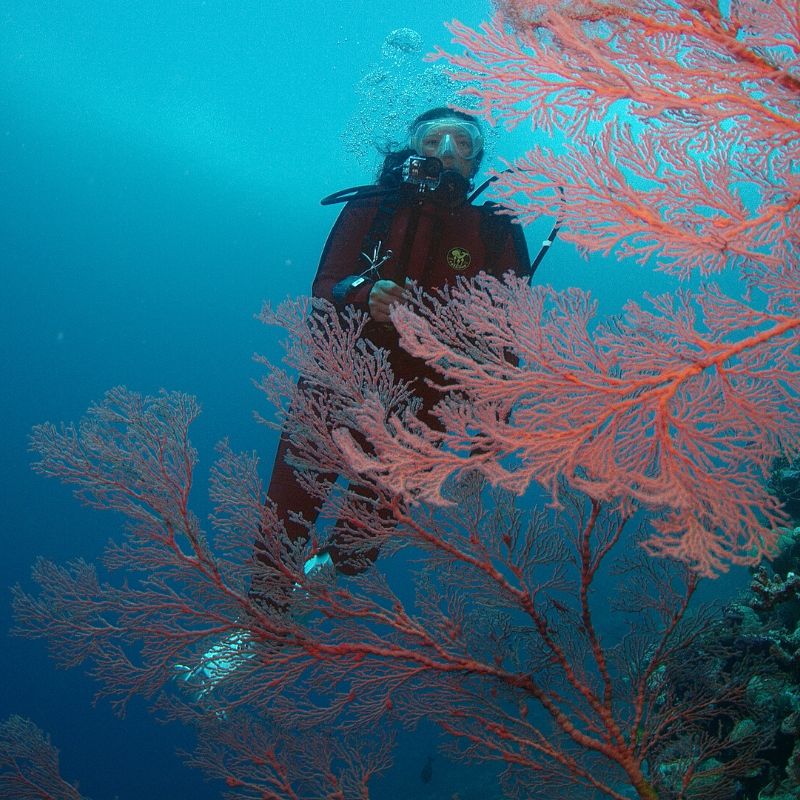
The exhibition explores four scientific frontiers:
Our Oceans: Earth’s oceans, covering roughly seventy percent of the planet’s surface, are still largely unexplored. As new technology empowers scientists to explore deeper and closer than ever before, you’ll learn more about our oceans’ health and how it is interconnected through global systems.
Our Environment: Understanding our planet’s interconnected ecosystems is an essential frontier of scientific exploration. Scientists’ expertise plays a critical role predicting and generating solutions to today’s environmental challenges, but the choices and actions of ordinary citizens, like you, will safeguard our planet’s future.
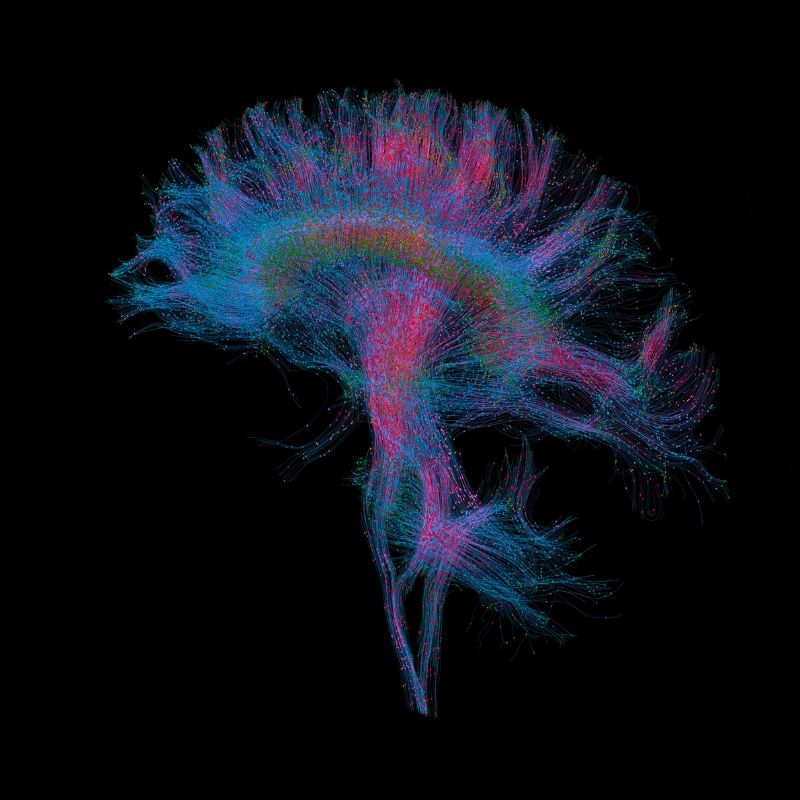
Our Bodies: Science is helping us understand the undiscovered inner workings of our bodies. Whether unlocking the secrets of our genetic makeup with model organisms to learn about diseases in humans or personalizing medicine at a microscopic scale, scientific innovation continues to fuel our curiosity about ourselves.
Our Universe: Our universe is an endless source of mystery and wonder. Scientists are exploring the dynamic nature of outer space and its fundamental questions—about matter, gravity, and the potential of life on other planets.
Exhibition Photo Credit: Squint/Opera.

